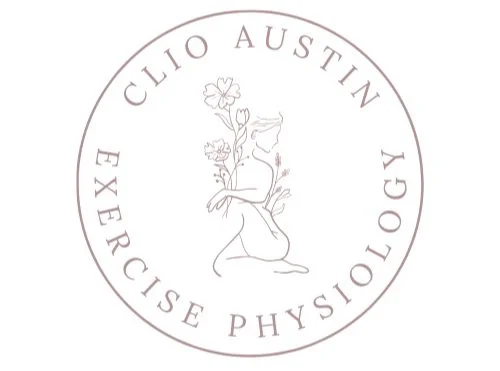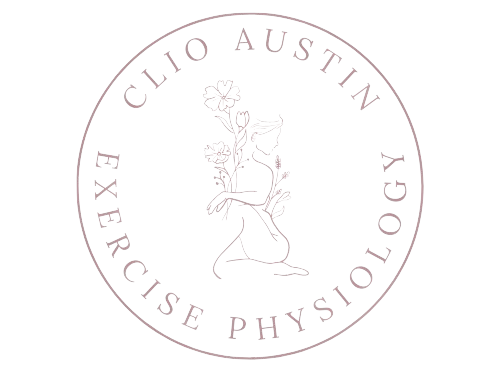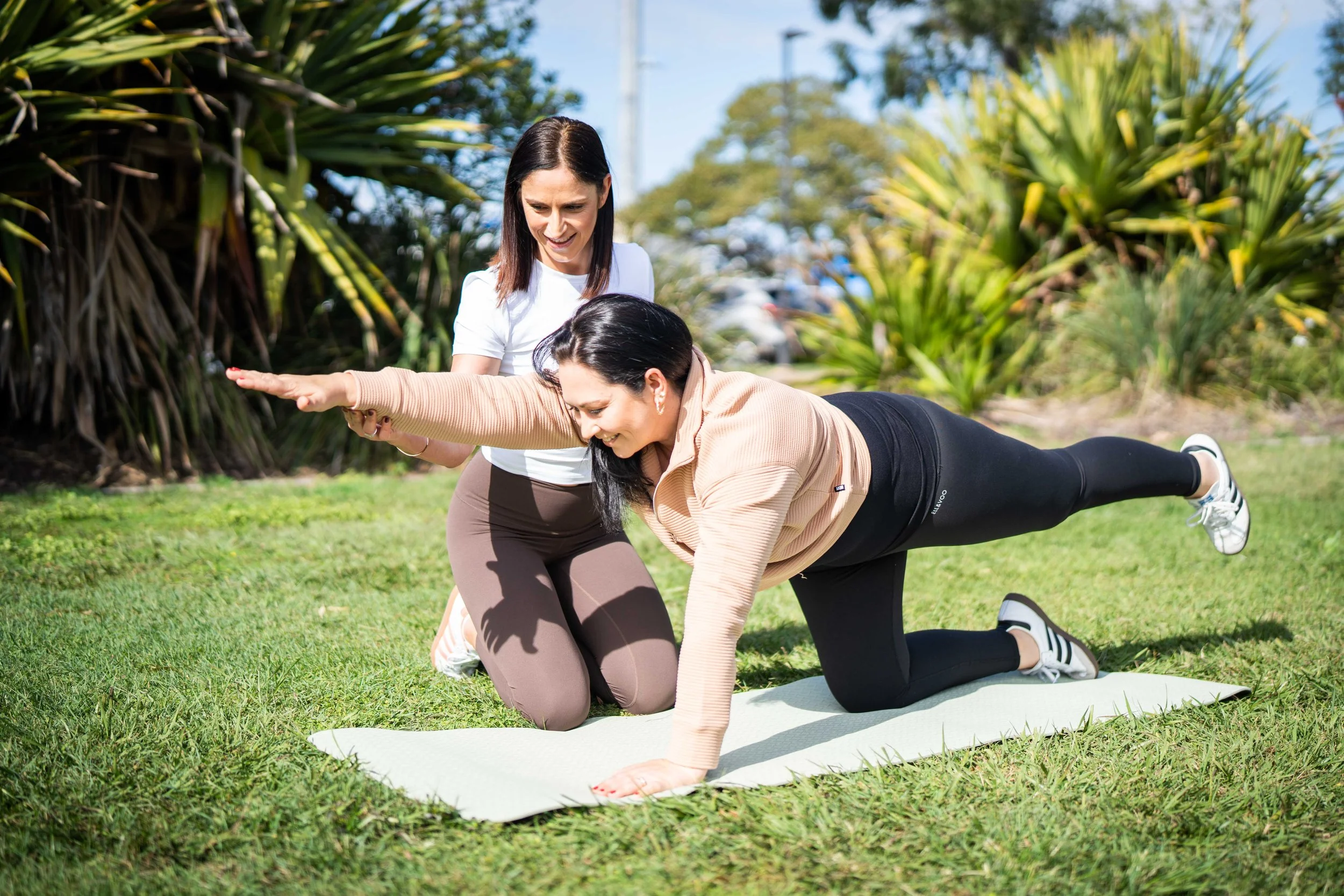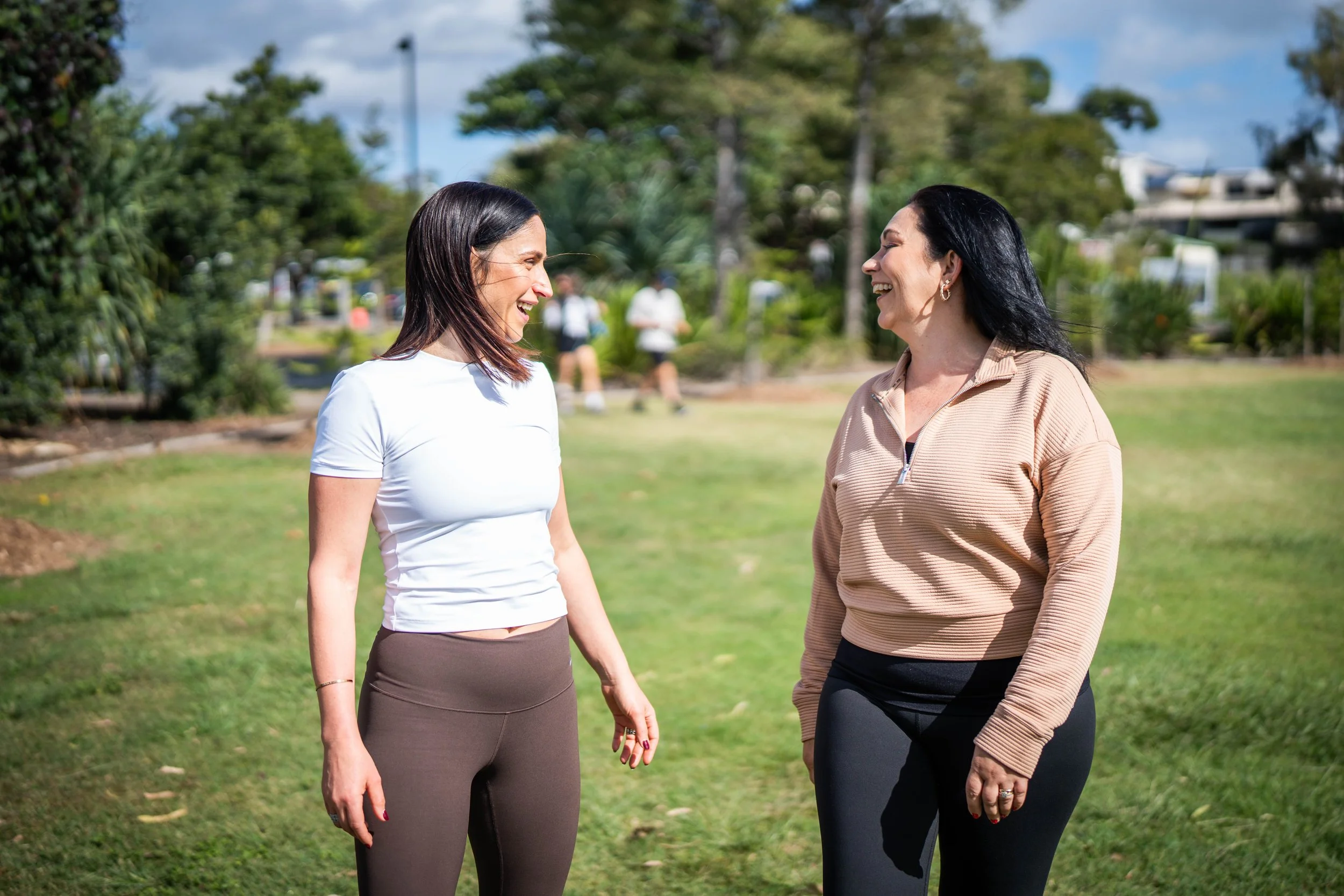
Welcome to Clio Austin Exercise Physiology,
where we believe in empowering women on their unique journeys to holistic health and wellness.
An Accredited Exercise Physiologist (AEP) in Australia is a university-qualified allied health professional who specialises in designing, delivering, and evaluating safe and effective exercise interventions. These professionals are equipped with the knowledge, skills, and competencies to help individuals with a range of medical conditions, injuries, or disabilities.
Areas of Expertise Include:
Chronic Disease Management
Providing support for conditions like Hashimoto’s, thyroid disorders, fibromyalgia, and more.
Weight Management Coaching: Especially for those dealing with conditions that make it difficult to achieve a healthy weight.
Pelvic Health: Addressing urinary incontinence, pelvic organ prolapse, and post-surgery rehabilitation.
Pre and Postnatal Care: Safe exercise routines for pregnant women and new mothers.
Bone Health: Exercise routines for those diagnosed with osteoporosis or at risk of osteopenia.
Menopause Support: Health coaching and exercise routines for perimenopause, menopause transition, and beyond.
Specific Conditions: Tailored exercise plans for cancer, Endometriosis, PCOS, and other women’s health concerns.
AEPs use evidence-based practices to improve their clients' clinical status, ensuring that exercise interventions are tailored to the individual's needs and health conditions.
To become an exercise physiologist in Australia, one must obtain a university degree in Exercise Physiology or a related field. This educational background ensures that AEPs are well-prepared to handle the diverse needs of their clients and provide high-quality care.
Exercise physiologists play a crucial role in the healthcare system, offering specialised exercise interventions to improve the health and quality of life for individuals with various medical conditions. Their expertise spans multiple pathology domains, making them invaluable in both preventive and rehabilitative health care.
Why see a Women's Health Exercise Physiologist?
Seeing a Women's Health Accredited Exercise Physiologist (AEP) can be beneficial for a variety of reasons. If you are having trouble returning to exercise due to a medical condition or injury, an AEP can help you safely resume physical activity. They provide guidance on navigating perinatal exercise, ensuring that you and your baby stay healthy throughout the pregnancy and beyond. Additionally, if you have recently been diagnosed with diabetes and your GP advises weight loss, a women's health exercise physiologist can create a tailored exercise plan to help manage your condition effectively.
-
For individuals struggling with endometriosis, we can develop exercise routines that won't exacerbate symptoms, allowing you to stay active without increasing discomfort.
If you're over 35 and want to prepare your body for the hormonal changes of perimenopause, a women's health exercise physiologist can offer strategies to maintain your health and well-being. Post-menopausal women aiming to improve bone density and muscle mass for enhanced longevity can also benefit greatly from their expertise.
If you have pelvic organ prolapse and wish to stay fit and active, we can help you return to functional and enjoyable activities this condition. They can ensure you remain capable of doing the activities you love without triggering symptoms.
We also provide invaluable support before and after breast cancer surgery and hysterectomies. These medical procedures can have profound physical and psychological impacts, and tailored exercise interventions can significantly aid in recovery and well-being.










